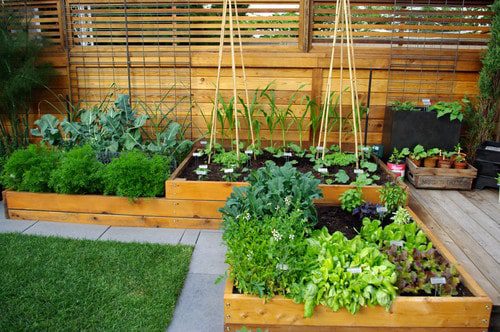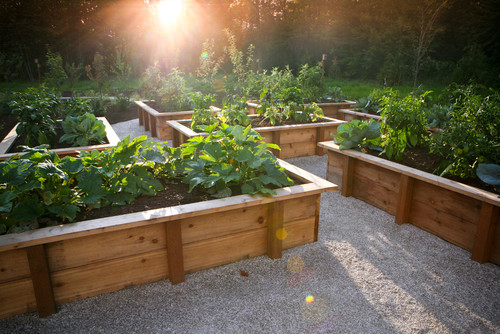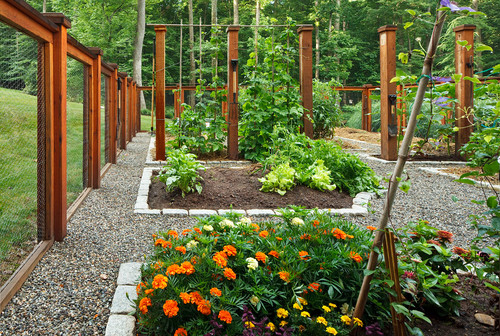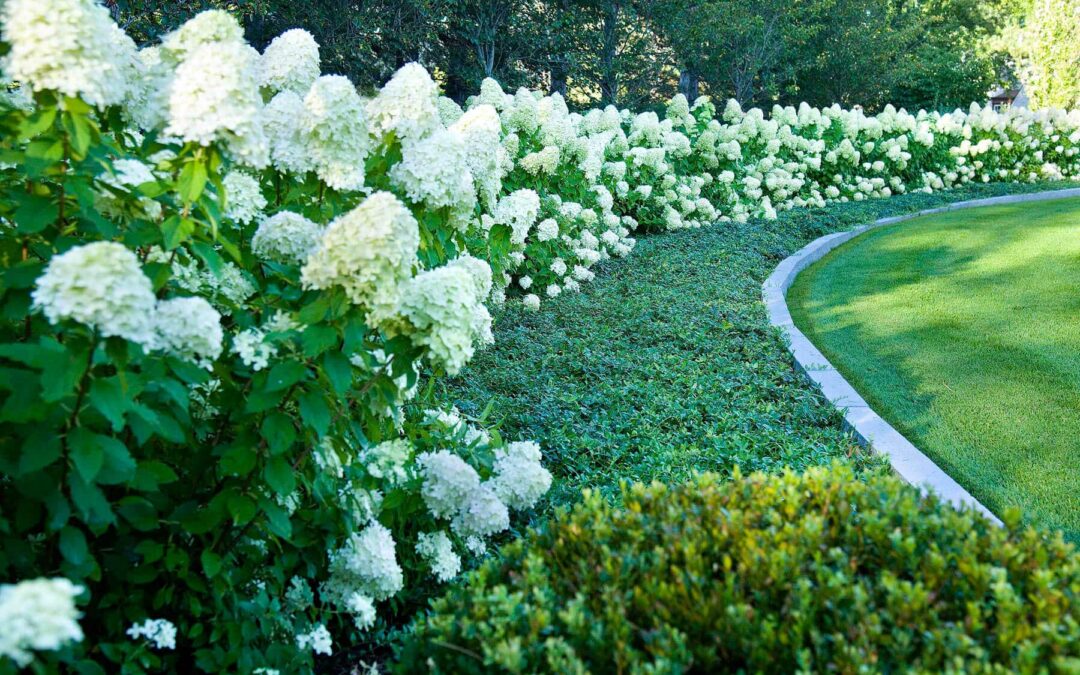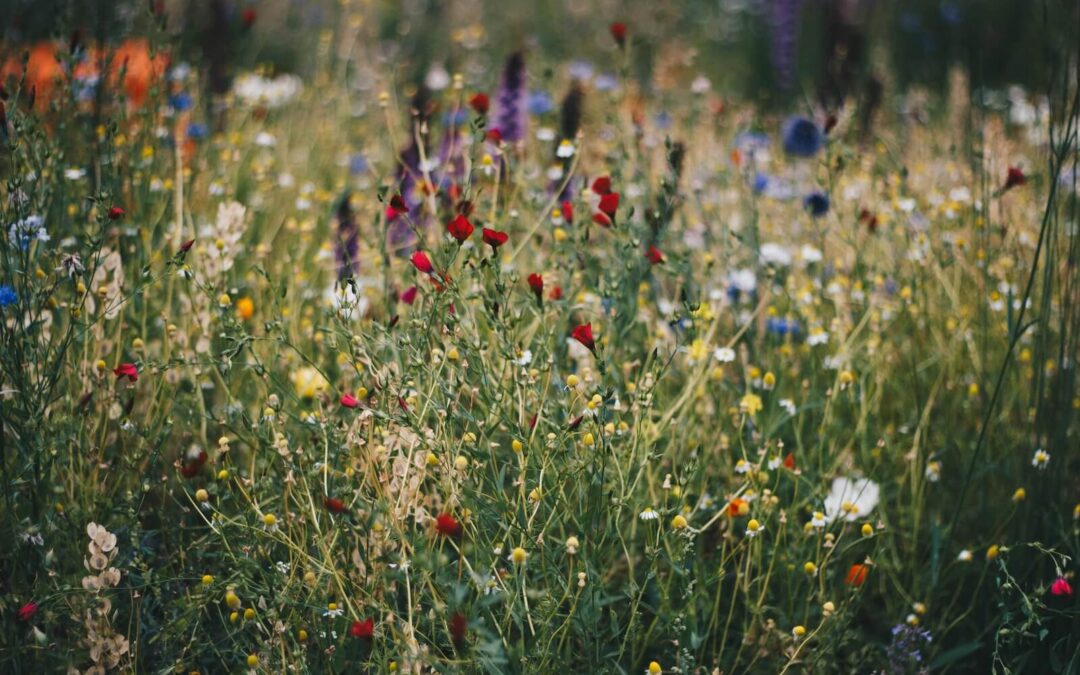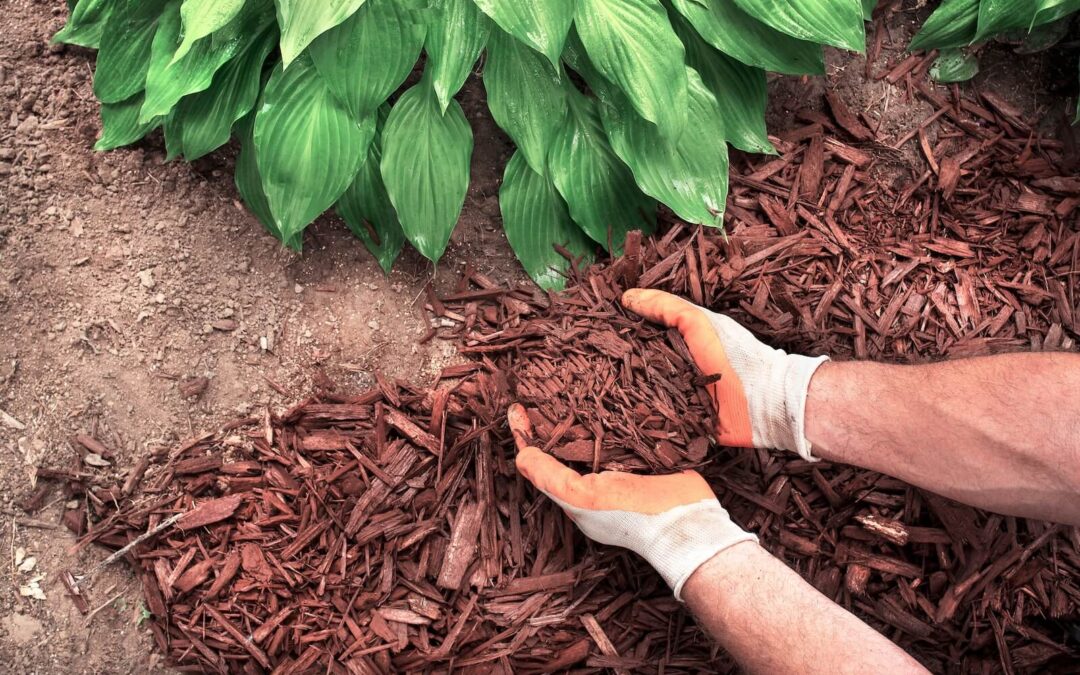There’s something so satisfying about planting a garden, watching it grow and harvesting its delicious fruits to feed your family. From a single tomato plant in a container to a quarter-acre vegetable garden, there are all kinds of ways your family can enjoy delicious fruits and vegetables all the way through early winter. Best of all, you can feel 100 percent confident that the produce you consume is pesticide- and herbicide-free.
Here are a few tips for growing a thriving Colorado vegetable garden this summer.
Start with the soil. One of the reasons conventional produce lacks the nutrient content of its organically-grown counterparts is that commercial soil is overused and devoid of nutrients. Provide a great foundation for your vegetable garden by amending the soil. In addition to enhancing nutrient and beneficial microorganism content, you’ll also increase the soil’s ability to retain moisture, which will help you conserve water. Using raised beds is the easiest way to build your soil exactly how you want it for higher, healthier yields.
Choose the right veggies. Just like your other landscape plants, each vegetable has its own preferred climate, water needs, etc. Heirloom vegetables, as opposed to their hybrid descendents, are often your best bet. Consider varieties like the Navajo Yellow Melon, Jing Orange Okra and Winter Luxury Pumpkin Pie.
Understand the importance of timing. Your garden won’t thrive together all at once. Different plants have different maturity times, so you’ll want to schedule your planting and/or harvesting accordingly.
Learn companion planting. Some vegetables do better than others in the garden. Companion planting is a great way to take advantage of dynamic combinations like:
- carrots, celery, cucumbers and radishes
- cauliflower, cabbage and lettuce
- asparagus, basil, parsley and tomato
- corn, beans, cucumber, melon, parsley, pea, potato, pumpkin and squash
Conversely, some veggies do not do well when planted together such as:
- broccoli and tomatoes
- carrots and dill
- potatoes and squash
- beans and onions
Learning about these relationships will enhance your garden’s yield.
Are you interested in growing a sustainable Colorado vegetable garden this summer? Contact Lifescape Colorado today, and we can assist you with your landscape’s design and implementation.

